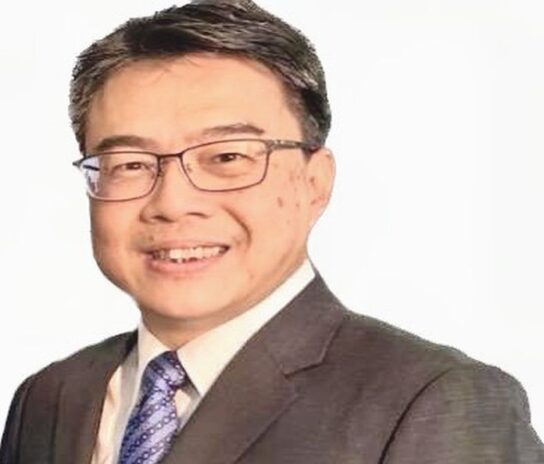By Director General, Charles C.Y. Chou
The Taipei Economic and Cultural Office (TECO) in Miami
Amidst the aftermath of the COVID-19 pandemic, the surge in transnational crimes, notably human trafficking and fraud, calls for a unified global response. Taiwan, renowned for its exemplary public security record, stands ready to play a pivotal role in this collective effort.
The evolving landscape of transnational crime necessitates a united front from law enforcement agencies worldwide. INTERPOL Secretary-General Jürgen Stock rightly emphasizes the need for robust international police cooperation to counter the growing threats of human trafficking and fraud. Taiwan, with its proven track record in public security, is poised to meaningfully contribute to this collective effort.
Despite being consistently acknowledged by the US Department of State as a Tier 1 country in combating human trafficking for 14 consecutive years, Taiwan faces a critical obstacle – exclusion from INTERPOL for over 39 years due to political complexities. This exclusion hampers Taiwan’s capacity to combat transnational crime, particularly terrorism and human trafficking, by limiting access to real-time criminal intelligence shared through INTERPOL’s crucial databases.
Recent instances of transnational crime, such as the shocking human trafficking discovery in Cambodia and Myanmar, underscore the urgent need for Taiwan’s participation in INTERPOL. Crime syndicates, operating with corporate-like precision, exploited individuals worldwide through online platforms, necessitating international cooperation to effectively address this global security concern.
Taiwan’s experiences and successes in combating transnational crime offer valuable insights that could benefit the global community. Taiwan is ready and willing to actively engage with INTERPOL, sharing intelligence and participating in collaborative investigations. The exclusion of Taiwan not only undermines the spirit of global cooperation but also perpetuates a gap in the international security network.
China’s conditions for INTERPOL membership in 1984, contravening the organization’s constitution, resulted in the unjust exclusion of Taiwan. Rectifying this situation is imperative, not as a political issue but as a matter of global security. Allowing Taiwan’s police authorities to participate in INTERPOL’s annual General Assembly as an observer is a crucial step toward enhancing global security.
In conclusion, a collaborative approach involving Taiwan in INTERPOL is not only an ethical imperative but a strategic necessity. Let us prioritize global security over political considerations and pave the way for Taiwan and INTERPOL to work together in addressing the challenges posed by transnational crime.





